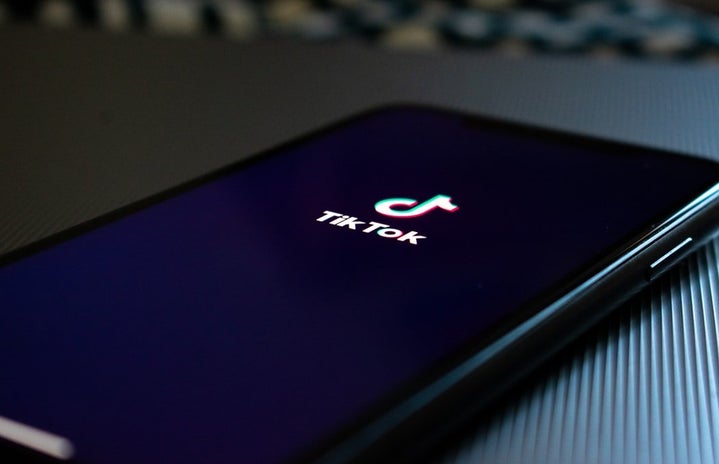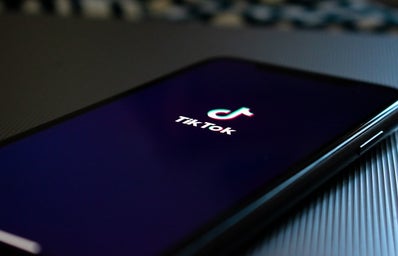In the age of countless fads, cancel culture and quick-burning trends, social media moves at a mile a minute. Many users harness their platform to express political opinions, share life hacks and spread awareness of charitable causes. But social media is a domain plagued by exaggeration and evidence-exempt ideas, creating space for confusion on what is true, false and everything in between. Here are the answers to five questions I had after 2019 (and maybe you did too).
- Will Sugar Bear Hair vitamins actually give me healthier hair?
-
These cute bear-shaped supplements have been popularized by countless social media influencers, the most famous being Kylie Jenner and her sisters. All of the influencers employed by Sugar Bear Hair rave about the benefits to their luscious (extension-filled) hair and strong (probably fake) nails, and the company endorses these claims. Their website states that their vitamins will “make your hair stronger, longer and shinier.” These borderline fantastical statements are supposedly fulfilled through the high amount of biotin found in their product. However, the vitamin biotin is not scientifically proven to improve hair health, and the National Institutes of Health recommends adult women consume only 30 micrograms daily, while Sugar Bear Hair gummies contain a whopping 5,000 mcg of biotin per two gummy serving. Although biotin in large doses is not proven to be harmful, it’s not proven to be helpful either. If you still choose to test these non-FDA approved supplements yourself, the only result you are likely to see is the placebo effect.
- What’s the big deal about plastic straws?
-
In 2015, a marine biologist’s video of a sea turtle with a straw through a nostril went viral over multiple social media platforms. Many Americans immediately called for the eradication of plastic straws, claiming that they are threats to sea life and ocean ecosystems. However, according to a study published in the academic journal Science, plastic straws make up only 0.025 percent of plastic waste in the ocean. Furthermore, the United States contributes only 0.9 percent of the plastic in the ocean, and straws are a minuscule portion of that percentage. In order to reduce the amount of plastic improperly disposed of into the ocean, China, India, and many developing countries must take action. Long story short, even if you use your metal straw at every opportunity, you won’t be making a dent in plastic ocean pollution — but at least you can drink your Strawberry Acai Refresher with a clear conscience.
- Should I get a Tik Tok?
-
A platform where people around the world post videos detailing their embarrassing blunders and performing dance trends may seem harmless, but in the age of decreasing online privacy, it’s anything but. Robert Williams, a senior research scholar at Yale University, reported that the Committee on Foreign Investment in the United States (CFIUS) has opened a national security investigation into the Chinese company that owns TikTok. There are concerns that the Chinese government has been actively collecting personal data from the immensely popular app. United States Intelligence has not yet determined why Xi Jinping may want to dive into the minds of American ten-year-olds, but it’s wise to hold off on hopping onto this social media trend. If you still can’t resist the pull of Charli D’Amelio, at least use a fake email account and username in order to somewhat protect your private information.
- Is intermittent fasting a healthy way to lose weight?
-
With seemingly hundreds of trendy diets coming out every week, it’s hard to differentiate the bogus from the beneficial. Intermittent fasting, in a nutshell, is restricting eating to only set time periods every day. Dr. Deborah Wexler, Director of the Massachusetts General Hospital Diabetes Center and Associate Professor at Harvard Medical School, explained that eight to ten-hour eating periods have been shown to help people lose weight and are especially beneficial to those at risk for diabetes. However, chowing down on three 4 for $4’s between 10 a.m. and 6 p.m. is not healthy. Elimination diets like Whole30, Atkins, Paleo and Keto have been proven to be of similar effectiveness but may be more difficult to stick to because of their specific food constraints. The idea of intermittent fasting can be healthy when the correct nutrients and calorie quotas are met.
- Will I be drafted into World War III?
-
Only time will tell.
Although social media can be an engaging and productive place, tread lightly down the slippery slope of sensationalism. Here’s to a well-informed 2020!



